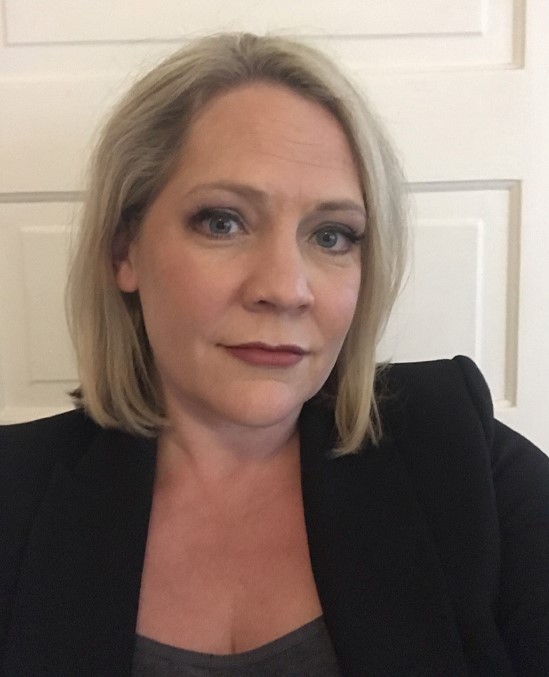About
VIRAL VACCINE DEVELOPMENT GROUP
Dr. Angela (Angie) Rasmussen, PhD is a virologist at the Vaccine and Infectious Disease Organization (VIDO) at the University of Saskatchewan. Her research focuses on the role of the host response in viral pathogenesis, with a particular interest in emerging viruses that are or have the potential to be major threats to global health, such as avian influenza, dengue virus, Ebola virus, MERS-CoV, and SARS-CoV-2. Her work combines classical experimental virology and animal models with systems biology approaches to study the global response to infection and how that contributes to pathogenesis or protection from emerging pathogens.
Dr. Rasmussen graduated from Smith College with a BA in Biological Sciences (2000) and received a MA (2005), MPhil (2006), and PhD (2009) in Microbiology and Immunology from Columbia University. She did her postdoctoral fellowship at the University of Washington and previously held faculty positions at the University of Washington and the Columbia Mailman School of Public Health. In addition to her primary appointment at VIDO, Angie is also affiliated with the Georgetown Center for Global Health Science and Security. She is a member of the Verena Consortium, a multi-disciplinary, international effort to predict and study emerging viral pathogens, as well as the Communications Director for the CoVaRR-Net research consortium. She is also a member of the WHO Ad Hoc Expert Committee for Preclinical Models of COVID-19 and sits on the Editorial Boards at Vaccine, mSphere, and Cell Reports.
In addition to her research, Dr. Rasmussen is a prolific science communicator on both social media and in the mainstream press, as well as a writer for numerous publications including Forbes, Leaps.org, Slate, Foreign Affairs, the Washington Post, and the New York Times. She is passionate about advocating for equity in biomedical research and public health, and is a member of the US NIH Advisory Committee to the Director Working Group on Changing the Culture to End Sexual Harassment, as well as a faculty mentor for the volunteer science education group Wearing is Caring. She believes strongly that biosecurity and global public health must be collaborative international efforts and is eager to extend this outreach work in Canada and abroad.

